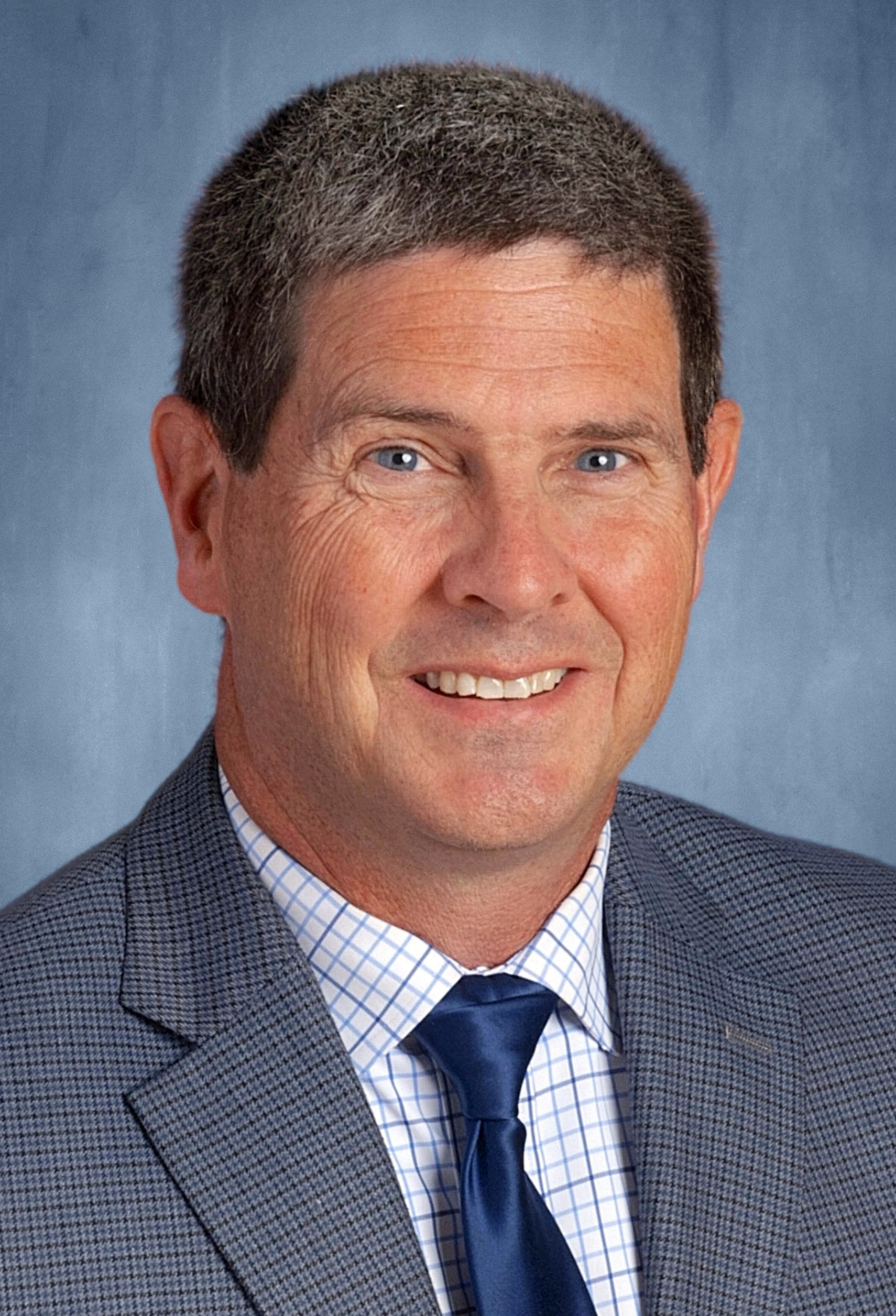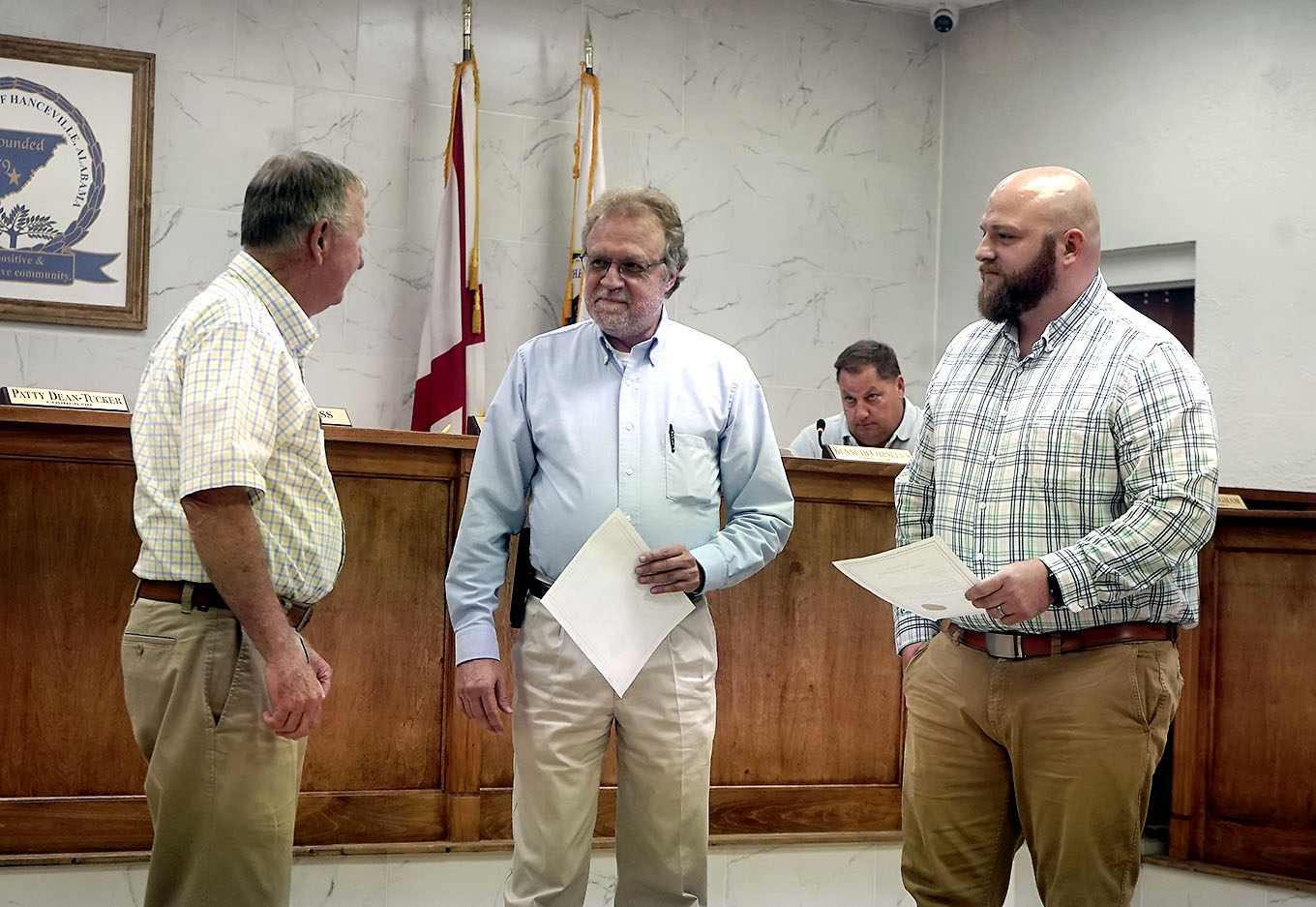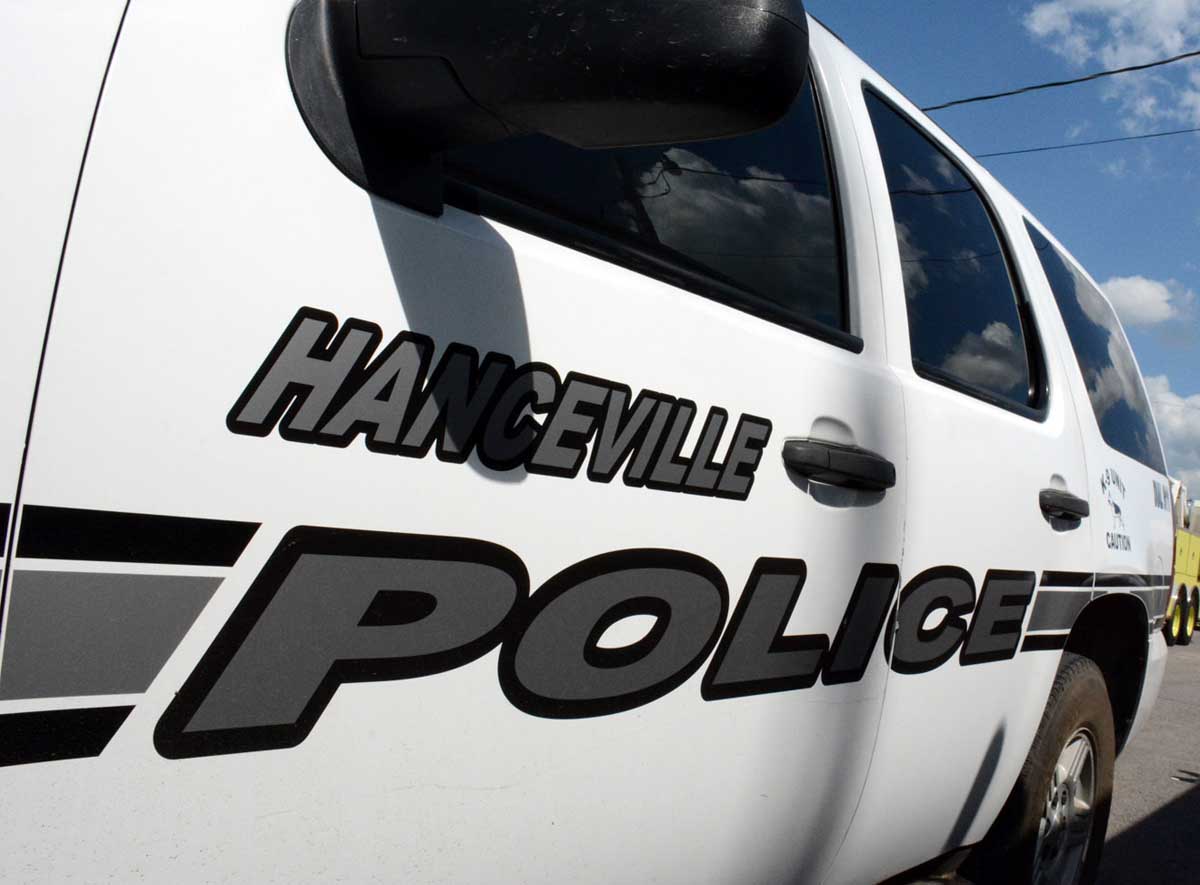Limestone legislative committee kills bill to prevent Belle Mina quarry
Published 9:34 pm Saturday, April 27, 2024
A bill brought forth by Rep. Parker Moore (R-District 4) was killed in a meeting Wednesday, April 10, by the Limestone County Standing Committee before making it to the House floor.
The bill would restrict any blasting sites from within two miles of “any building, structure, or portion thereof designated as a historical building and site,” which would block a controversial rock quarry in the Belle Mina community as well as protect more than 30 historical sites throughout Limestone County.
Minister of Belle Mina Methodist Church Cody Gilliam said Belle Mina and the nearby community of Mooresville were home to a number of historical locations including his own church, built in 1897, and the Bibb Mansion, home to Alabama’s second governor Thomas Bibb, from which Belle Mina gets its name.
Trending
“This community is filled with historic buildings that are significant to the history of Limestone County and the state of Alabama,” he said.
He said the constant blasting from a nearby quarry would easily rattle the foundations of these historic sites, putting the structures at risk of being destroyed.
Gilliam said he and other residents of the community first heard of Grayson Carter and Sons’s plans to construct a rock quarry in November 2023, “around the time of the Alabama vs. Auburn game.”
Grayson Carter and Sons was also set to construct an asphalt plant in Athens in 2023, according to a media report.
A campaign of opposition from Belle Mina residents mobilized quickly against the project and have petitioned the Alabama Department of Environmental Management and Limestone County Commissioners to block the project.
Parker told the committee the commission has the authority to prevent the project from moving forward, but his bill was filed due to a lack of action to address resident concerns.
Trending
The county commission has requested Alabama Attorney General Steve Marshall to voice an opinion about the whether the proposed location violates two existing laws. One restricts the location of a quarry within a mile of a TVA Industrial Mega Site, and another within two-and-a-half miles of a public school.
Samuel Frazier, owner of Mitchell-Frazier Farms, has filed a lawsuit against ADEM to prevent the project from moving forward. He told the committee that if the quarry were to be located at the proposed site, it would deter any potential development in the area and ultimately cost the county millions in revenue.
“There would be no reason for that land to be developed even though it is the hottest land right there next to Toyota and the other super-site around Greensboro,” Frazier said.
Frazier also said he owns around 200 acres of property near the proposed site and that his conversations with “a real-estate expert,” the value of his land would loss just under $30 million in value if the project continues. Using the same calculations, he said the value of the 18,000 acres within a three-mile radius of the site would be diminished by over $725 million.
Michael Davis addressed the committee on behalf of the project’s developers and said he believed the opposition had deployed “misinformation and fear mongering,” tactics against the project. The developers, he said, had abided by all of the appropriate state regulations and that by approving the bill, the committee would set a dangerous precedent for circumventing the current process of approval for quarry sites.
“Quarries are always controversial. This happens all around the state anytime some project like this is proposed. We have a regulatory process for adjudicating these through ADEM and through other means,” Davis said. “Having state circumvention on a local project sets a very bad precedent for the industry and other quarries and operations in other parts of the state if everybody goes down to get a local bill passed to stop a project in their backyard.”
However, Gilliam said that process isn’t necessarily designed to work for residents such as those in Belle Mina, which he said are predominantly low-income and of African American descent.
“If we had the money and I wasn’t on a preacher’s salary then maybe we could bring a suit, but we don’t have the money so we’re appealing our legislators to help us for all of the people who don’t have the money to bring a suit,” Gilliam said.
Gilliam said that while many Belle Mina residents had their hopes set on this bill bringing an end to their campaign, their fight was far from over.
“Many of them had their hopes pinned on this bill to end this thing but we are still fighting it on a couple of more fronts to try and protect the people that are there,” he said.





